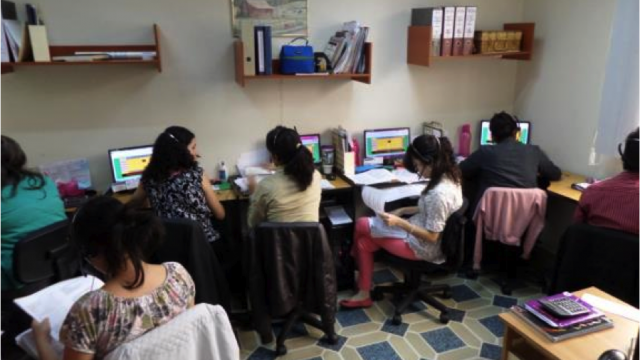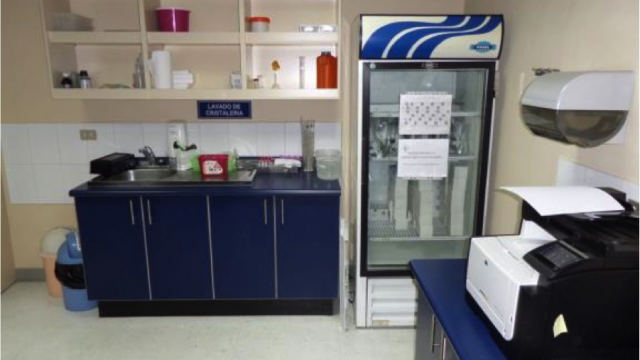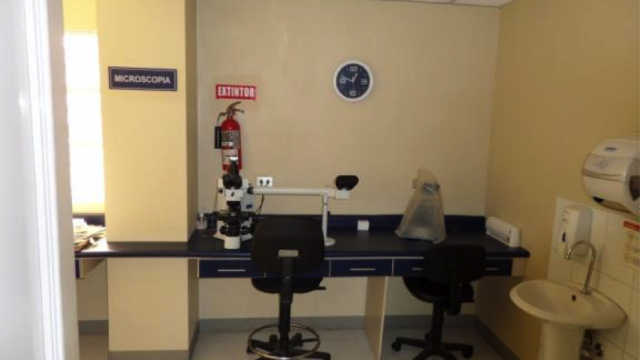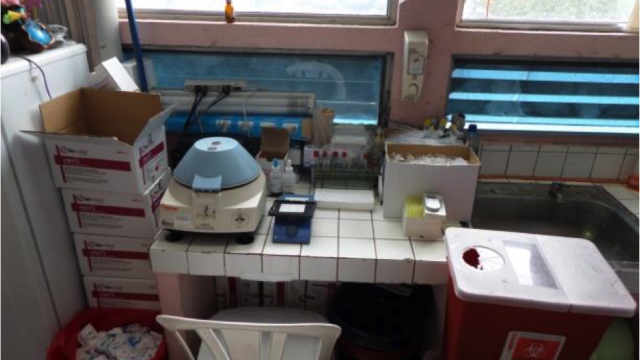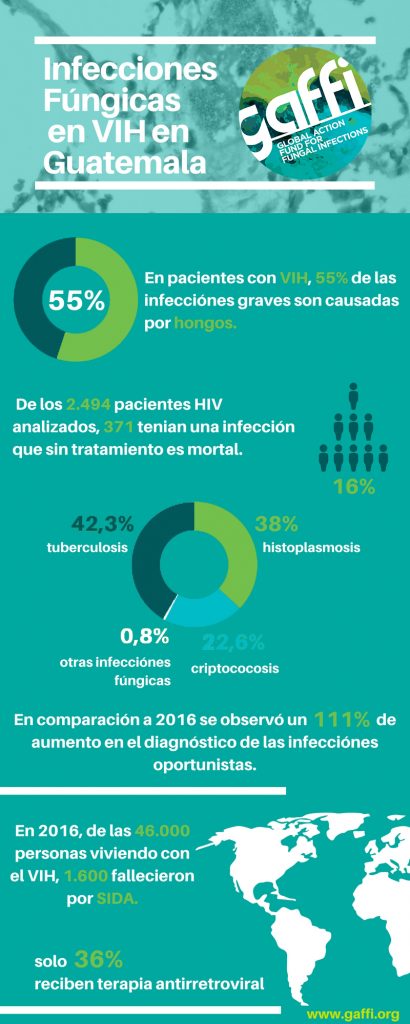Guatemala
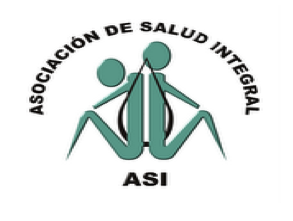
GAFFI has set up a demonstration site in Guatemala, with a focus on histoplasmosis, cryptococcosis, pneumonia (P. jirovecii) and chronic pulmonary aspergillosis after tuberculosis (TB) as well as other AIDS opportunistic infections, including endemic mycoses. This development will be in Guatemala City under the direction of Dr Eduardo Arathoon in association with Asociacion de Salud Integral this program will start in 2016.
In Guatemala, 80% of HIV patients develop opportunistic infections as their presenting HIV illness and disseminated histoplasmosis is the number one killer, cryptococcal meningitis:second and TB: third. Implementation of histoplasma antigen testing, has lead to a 15% reduction in mortality for HIV.
They already have a small fungal reference laboratory which needs expansion and support. They have introduced simple molecular diagnostics and so can support these developments. The US CDC will facilitate some aspects of the diagnostic training as part of the program.
At least 280,000 Guatemalans suffer from a serious fungal infection each year of which an estimated 4,790 are immediately life threatening. A grant proposal to Fondation JYLAG has been approved and now seeks to bring all the key tests into Guatemala through the NGO “Asociacion de Salud Integral” and locally through the existing network of HIV comprehensive care units. Rapid and accurate fungal disease diagnosis will save many lives. Funding will support both rapid diagnostics and clinical training.
The first objective – understanding the incidence of the three most common life threatening infections will have a profound impact for HIV in both Guatemala and and for HIV programs in other countries – because HIV patients need the expert care and diagnoses that only a mycology laboratory will provide.
The development of this project will achieve the following milestones:
- Implementation of quick diagnosis of cryptococcal meningitis with rapid antigen test at each HIV treatment centre.
- For disseminated histoplasmosis, Pneumocystis pneumonia and chronic pulmonary aspergillosis centralised rapid testing through strengthening of the Asociación de Salud Integral reference laboratory;
- Development and roll out of a training program in fungal disease management for health workers in the HIV comprehensive care units of Guatemala;
- Development of a national registry for fungal infections;
- Documentation of the nationwide incidence of and survival from these life-threatening infections;
- Program assessment in terms most useful for global and public health planning.
This project has been designed to demonstrate that improving fungal diagnostic capability for HIV patients improves clinical outcome. The first objective of a much better understanding of the incidence of the 3 most common life threatening infections in Guatemala is crucially important, because it sets the stage both in and outside Guatemala. Patients with disseminated histoplasmosis, cryptococcal meningitis and Pneumocystis pneumonia do make full recoveries, if they respond to therapy, but early diagnosis and appropriate therapy is critical to achieving this.
Diagnosis and treatment of these opportunistic fungal infections will contribute to real progress towards the fulfilment of the 2.0 Treatment strategy recommendations and the Millennium Development
Goals. The findings will have a profound impact for HIV programs in other countries because HIV patients with a fungal infection need the expert diagnosis and care that mycology laboratories provide in concert with expert clinicians. Demonstrating that this works in Guatemala will allow other countries to follow this example.
At the end of the program, Guatemala will have the first national reference laboratory specialized in mycology providing diagnostic services to HIV patients in Central America. In the future, these diagnostic services could be extended to other vulnerable groups and general population (i.e. cancer and post-tuberculosis patients). Provision of timely, accurate and innovative diagnostic tools for the detection of critical fungal infections, such as the ELISA test for Histoplasma antigenuria and molecular tests for other fungal pathogens, will show the path for other laboratories still focusing on old culture technologies.
For Guatemala, case detection through the mycology reference laboratory will provide statistical data that will be used to establish the prevalence of different fungal infections in the country. This knowledge will allow the Ministry of Public Health and Social Assistance to take decisions based on evidence, to set attainable goals and to design strategies oriented to improve the diagnosis, clinical management, treatment and follow up of fungal infections. The information generated through the implementation of this project will help the Public Health Ministry to determine the impact of these infections in Guatemala. This evidence will justify the inclusion of fungal diseases in national health programs as a strategic component to comply with the 2.0 Treatment strategy recommendations and HIV Care Continuum Goals.
View grant submitted to JYLAG Foundation: “Minimising HIV deaths through rapid fungal diagnosis and better care in Guatemala”
The first published report demonstrating the clinical and epidemiological value of a Diagnostic Laboratory Hub for life-threatening infections in AIDS was published in Open Forum Infectious Diseases (December 2019).
View the Christmas Greetings Card from the Children at the Clinic in Guatemala
View a video on GAFFI’s Guatemala programme on diagnosing fungal infections in AIDS
View the March 2018 press release on GAFFI’s Guatemala programme
